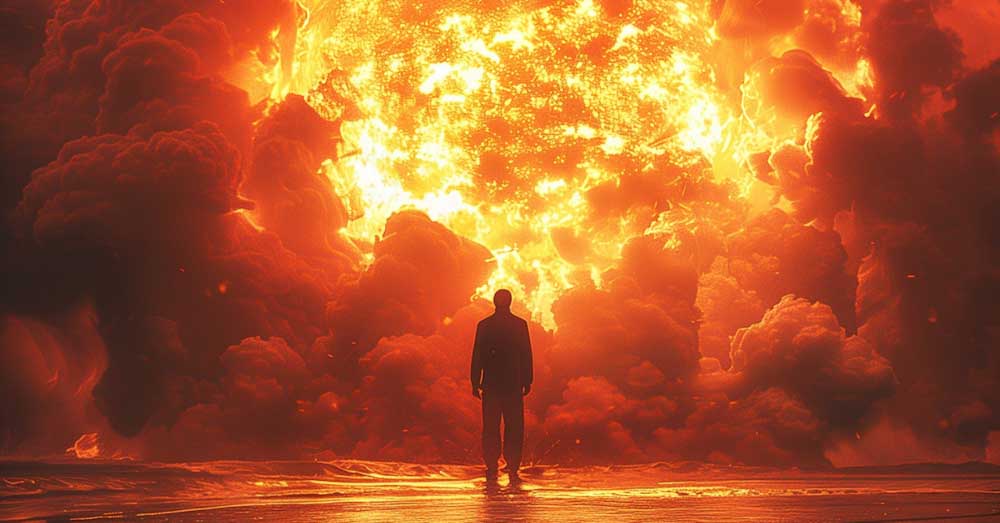
When Dante visits hell, he discovers that the road to hell is paved with good intentions, meaning that many people thought they were doing something good, but ultimately it turned out to be a bad decision, landing them in hell. I wonder if there is a similar road to heaven paved with people trying to do something bad, but ultimately, they did more good, ending up in heaven?
Of course, their intention was negative, which should always be taken into consideration, but at the same time, they could have been guided by a higher power, and it was a “necessary evil,” designed to ultimately make everything better. After all, the moral code has its limits, and ultimately “good” and “bad” are subjective terms created by human beings to make sense of our environment.
Here, I don’t want to delve too deeply into the paradox of free will, which states that on one hand, we are free to make our decisions, yet later we are praised or punished by a higher power for the decisions we ultimately make. At the same time, this higher power may be guiding our decisions from the moment we are born, placing us into a certain environment, and ultimately knowing ahead of time what decision we will make, which denies the concept of free will. Instead, it gives us an illusion of free will where heaven and hell can’t truly exist, as it simply wouldn’t be fair to have them. After all, why give people the illusion of free will and then reward or punish them for it if we know ahead of time how they will ultimately act?
As we can’t truly know the answer to the paradox of free will, I suggest we play it safe and try to distinguish between “right” and “wrong” and act accordingly.
Still, who really thinks of themselves as a “bad person”? Certainly, there are some people who explicitly state that they are bad and know this to be true, but they are still the heroes in their own stories, as everything they do in life has some deeper personal meaning.
This raises an important question of how we can truly know whether what we are doing is ultimately right or wrong, as no one really wants to end up in hell if they can avoid it. I asked this question to one religious teacher who surprised me with an answer, saying that we will never truly know the answer to this question, as we are too short-sighted, and ultimately, only God knows the real answer.
In this way, we can still strive to become enlightened enough to intuitively know an answer to the above question, or we can simply ask some enlightened saint or messiah who can give us hints about the plans of God. However, most people don’t have ready access to this information moment by moment and can’t double-check every single decision in life, having to rely on rules, heuristics, and logic to make their decisions.
In this way, religious texts and laws have been offered to us to guide our daily decisions, but they too have their limits, as we know, there have been instances where the law was incorrect, promoting the interests of a minority and making life worse off for everyone else in the process, or guiding us by old principles that no longer hold true today, yet we keep them around because it is just the way things used to be, and we have grown accustomed to it.
For example, a prime instance that comes to my mind is the amount of unhealthy industries like smoking, alcohol, and processed foods that are legal and saturating our society, with billions of people consuming these unhealthy products daily, while governments not only allow these industries to exist but also incentivize them to become even larger parts of our lives.
On a religious level, we understand the benefits of having a moral compass and answers to higher questions such as “what happens when we are gone?”. However, religions have also been guilty of starting wars, prosecuting minorities, and making people’s lives worse off in the process, all while promising that somehow it will all be worth it in the afterlife, even though we are unable to verify the legitimacy of these claims.
In this way, we can and should still trust in law and religion to be our moral guides in our daily decision-making, as their institutions have ultimately been created to promote well-being. However, given their limitations and the harm they have caused in the past, we should be cautious not to place all our faith in them, being ready to trust our judgment in certain cases.
Specifically, we should trust in logic, which dictates that there is a way to differentiate between “good” vs “evil,” “right” vs “wrong,” and “healthy” vs “unhealthy.” For example, if a wealth of scientific research states that smoking and taking drugs are harmful, then we shouldn’t do it.
However, people continue to smoke and use drugs because they see benefits to these actions despite overwhelming evidence that they are detrimental to their health. They argue that both smoking and drugs provide temporary pleasure, even if they will pay for this pleasure in the long term.
Similarly, engaging in physical exercise is generally considered healthy. However, people often shy away from this practice because it is challenging, tiring, and time-consuming, opting instead for unhealthy practices like procrastination, overeating, and overindulging in social media.
This suggests the existence of a law of the duality of life, which states that in everything good, there is something bad, with the reverse being true as well. In other words, to truly know what is “right” or “wrong,” we must assess what is “more right” and “more wrong,” categorizing these actions based on their level of goodness in terms of our overall well-being.
Therefore, giving citizens the right to carry their own arms, as is done in the USA, is this practice ultimately more good or bad? Certainly, we can argue both sides, stating that sometimes a good person with a gun can stop a bad person with a gun. But how can we truly know who is good or bad? Why are people in the USA provided with arms indiscriminately? And can we definitively claim that allowing citizens to carry guns has resulted in more good than harm?
This is crucial because evidence shows that in USA over 30,000 people die every year due to gun-related violence, which is only possible because of the widespread availability of guns to the general public, whereas in most other parts of the world, gun-related violence is a fraction of what it is in the USA, not to mention the fear for safety is constantly challenged in the USA, as while people are allowed to carry guns there will always be some concerns regarding being assaulted, injured, or killed by a random person carrying a gun.
This logic leads me to the conclusion that guns are more harmful, and despite some benefits that gun ownership may provide to certain individuals, ultimately the detriments outweigh the benefits, necessitating the abolishment of this practice. Naturally, only a few individuals, such as police and the military, should be authorized to carry guns, while ordinary citizens should not.
In other words, the duality of life dictates that despite good intentions, there will always be someone advocating for a different perspective, making it impossible to definitively say that a certain action is 100% good or bad, as there will always be someone who sees the benefit of doing things differently. This is unavoidable and not necessarily a negative aspect.
As such, engaging in decision-making without considering the two sides of the argument, weighing them against each other, to determine the best outcome. A sound decision often necessitates choosing in favor of a small margin, but when the small benefits and advantages are combined, they can add up to a significant positive outcome.
Conversely, there will always be forces opposing progress, loudly advocating for alternate decisions, without regards to a balanced approach to decision-making. In contemporary society, these voices often prevail against all logic because they are the loudest, using affluence and manipulation to convince uneducated individuals of the righteousness of their cause, sharing only a fraction of the story. They are interested solely in gaining power, which comes with being in control, regardless of who suffers in the process.
They disregard one of the fundamental principles of politics, the greatest good for the greatest number, focusing instead on their benefits and seeking to maximize them, even at the expense of the majority.
While these provocateurs should be taken into account and consulted, ultimately decisions should prioritize the well-informed choices in the public interest and the greatest good for the greatest number, even if a minority must endure consequences.
As such, utopian decision-making cannot be solely guided by democratic principles, as it is done in our modern world, as there will always be those who shout the loudest and influence others to vote for decisions that do not benefit the majority.
There have been suggestions that only qualified individuals should make decisions in areas where they specialize, and these vital decisions should not be left to the vote of the uninformed masses, who may lack a detailed understanding of these subjects.
Furthermore, given the history of poor decision-making, it is crucial to rectify past mistakes, even if it means silencing those who may be affected by decisions that benefit the greater good, such as the aforementioned cigarette and weapons manufacturers.
Today, many individuals in positions of power are defending the interests of the few, damaging the collective interests in favor of personal gain. They tightly control the dialogue and decision-making processes.
Consider lobbying, for instance, which actively influences governmental officials or other individuals responsible for creating regulations or legislation in a specific sector. Lobbyists often provide benefits unrelated to decision-making to sway decisions in a certain direction.
While lobbying is technically not an illegal practice when conducted transparently and within the boundaries of the law, it is controversial due to issues of corruption and private interests being prioritized over public welfare. Lobbying may take various forms, including financial bribes, gifts, invitations to exclusive events, and promises of future favors.
To improve the functioning of our world, we must adopt superior practices that align with logical reasoning. Although there are no universal laws, the dynamic nature of our world and political landscape requires continuous review of decision-making practices. If society realizes it is progressing in the wrong direction, it should not hesitate to make a complete turnaround.
Ultimately, I believe that over time, we can discern some universal truths, such as the benefits of healthy habits over unhealthy ones, and consider the principle of the greatest good for the greatest number as a guiding truth for decision-making processes.
As for Dante’s Inferno, his story illustrates the consequences of sin and the importance of moral and ethical behavior. Hopefully, it can guide our decision-making towards discerning what is truly “right” and will result in the highest happiness for the greatest number of people, making our world better in the process.
Stay happy.







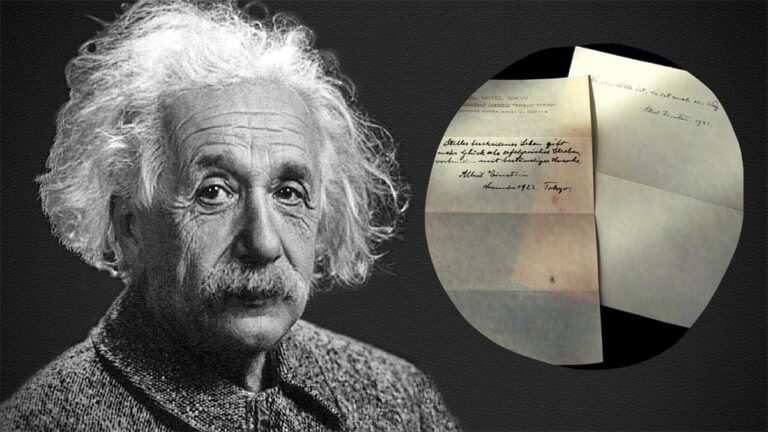
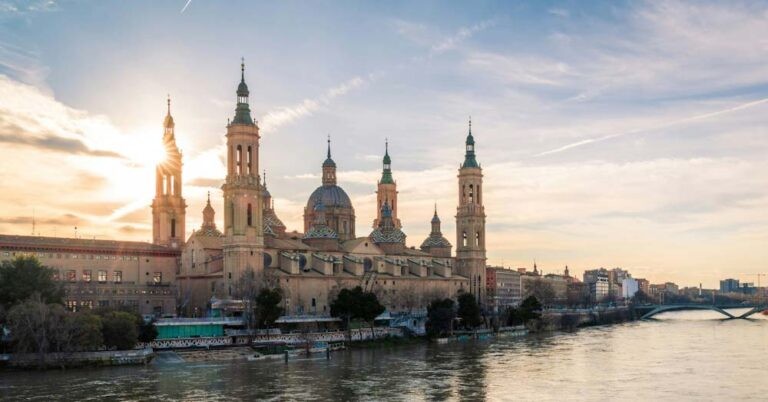


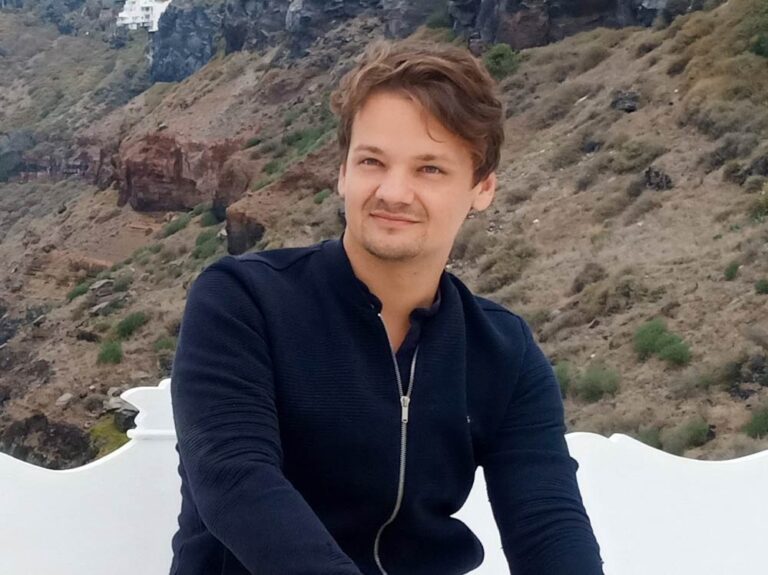
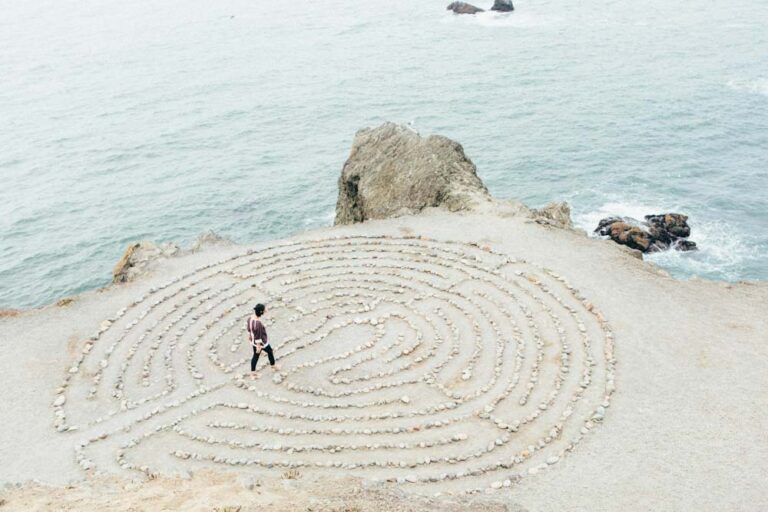

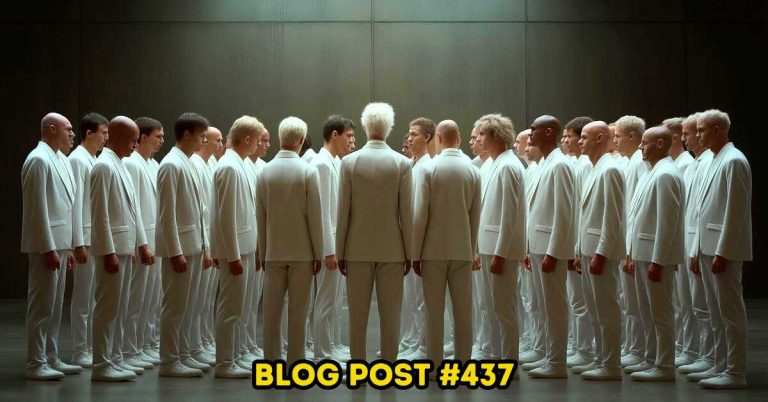
7 thoughts on “Happiness According to Dante (From Dante’s Inferno)”
I must say I wholeheartedly agreed with the sentiments stated in this blog post. A lot of heavy subjects and enough to trigger hours and hours of theorized discourse.
With that being said, I do wish you had focused and elaborated more on Dante’s Inferno. I was hoping to see side by side contrast to really drive your points.
Most of the body of the blog focused on the political aspect of morality and ethics. This makes sense considering we are in the middle of an election year (the United States), with Election Day fast approaching.
Great blog though. You always write very intriguing and well thought out topics and I look forward to more content from you soon.
@Kiyanni, you are right to say that I barely scratched the surface of this important and breathtaking literature piece in my blog post titled “Happiness According to Dante.” I agree that there are many other interesting aspects of Dante’s journey that we could discuss, such as his decision to walk out of Hell and the consequences that follow. However, since these aspects have already been covered in other works (such as bible, Genesis 19:26, verse 17 – “don’t look back part”), I decided to focus on the statement “the road to hell is paved with good intentions,” as it resonated the most with me.
I understand that this discussion is becoming somewhat political, but there is a reason for it, as I am currently writing my second book which applies a macroeconomic view of Optimal Happiness to address the question of what it takes to create the happiest societies possible. So, that the connection. Thank you again for reading and commenting!
I believe there are clear dividing lines between good and evil although sometimes the lines may seem blurry when we are in the thick of things.
The blog is a good collection of thought provoking, interesting and inspiring ideas.
Thank you for your feedback, Joseph. I agree that the line may indeed be very clear, but when looking at the state of affairs in society today, I would say that most people do not follow the rules. The next question naturally becomes: “Why is this?” and “What should be done about it?” I guess that’s what I’m trying to understand in my post.
Some of the earliest known writing by ancient philosophers expressed the same thing and generally attribute it to a lack of discipline and moral decay. Much like most things in nature, I believe it is a cycle that rises and falls as generations progress toward the ultimate test of survival. The paradox is this; in the past, not changing meant a better chance of survival in the near term, in the long term future, survival depends on massive changes.
I imagine that even in the best possible utopia, we will face questions of morality and the desire to fix something. There will always be someone who screams, “such and such politician is doing everything wrong and only if we did X, we would be better off.” I guess my point is that, on one side, the road to self-improvement is infinite, and regardless of whether we are good or bad, there will always be something to improve. On the other side, we can’t stop talking about our problems, as that’s how we progress. So, overall, this discussion is very fruitful and enjoyable for me, as I’m unable to have it with many people, so I appreciate it.
Very good points. Yes, civil debate seems to be becoming rare, but sorely needed. I am a believer in the Constant and Never Ending Improvement idea championed by Tony Robbins.